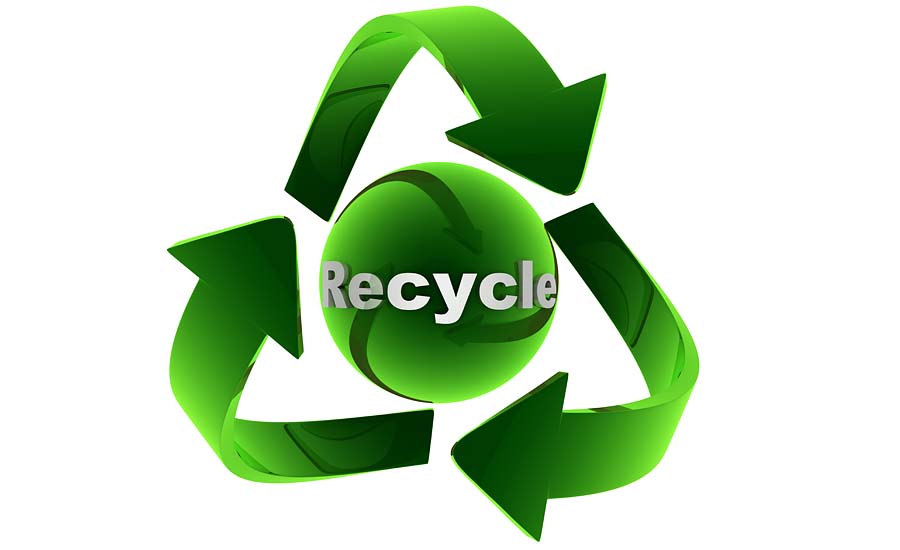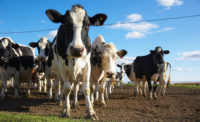Chipotle shares progress on waste diversion goal
With a goal of diverting 50% of its restaurant waste from landfills by 2020, Chipotle conducted detailed waste audits to better understand its waste patterns.

Chipotle Mexican Grill, Newport Beach, Calif., announced the publication of its 2018 Sustainability Report, covering everything from animal welfare, local produce and philanthropy to employee benefits, energy reduction and recycling.
With a goal of diverting 50% of its restaurant waste from landfills by 2020, Chipotle conducted detailed waste audits to better understand its waste patterns. In doing so, the team learned that 95% of all gloves used in restaurants end up in a landfill. Upon discovering the materials in the gloves were the same as the recycled trash bags used by the brand, Chipotle partnered with Revolution Bag, Salinas, Calif., to start a pilot program turning plastic gloves into trash bags. What started as a pilot in eight restaurants across Portland, Ore., is now expanding into 17 restaurants in Sacramento, Calif.
"If we truly want to be leaders in this space, we cannot just settle for the best available option," says Caitlin Leibert, director of sustainability at Chipotle. "There is no 'one size fits all solution' for sustainability. We want to revolutionize the way people think about waste and the potential of everyday items like gloves and trash bags."
In addition to piloting unique programs to reduce waste, the 2018 Sustainability Report shares Chipotle's 2018 accomplishments toward global sustainability. Highlights from the report include:
- A 25% reduction in average restaurant waste since 2016.
- 42% waste diversion from the landfill (with a goal of 50% by 2020).
- 100% of napkins and paper bags were made with 100% recycled fiber.
- 100% of the paper in cups were Sustainable Forestry Initiative-certified.
- 88% of restaurants had a diversion program (recycling and/or compost for packaging).
By 2020, Chipotle is committing to:
- Testing a recyclable or compostable cup and lid, including a strawless option.
- Reducing the amount of plastic in cutlery by 20%.
- Having a diversion program (recycling and/or compost) at 100% of restaurants.
The sustainability report also covers Chipotle's environment, people, food and animal goals and accomplishments.
"Being transparent with the world holds us accountable for our actions," says Brian Niccol, chief executive officer at Chipotle. "We want everyone to know exactly what we are doing, from how our food is raised to how it is served. We are doing our part to help limit our impact on the environment and to change the way people think about trash, energy and food."
Looking for a reprint of this article?
From high-res PDFs to custom plaques, order your copy today!





